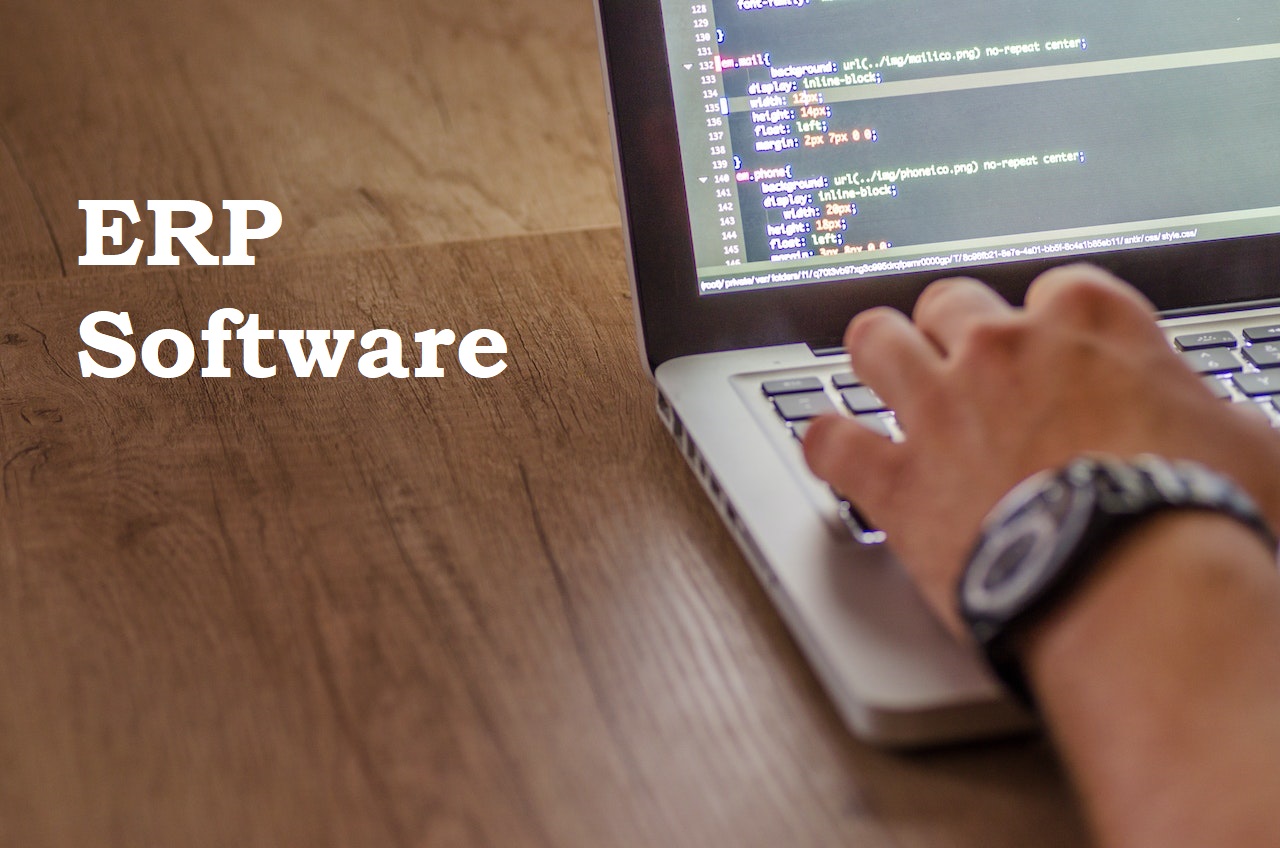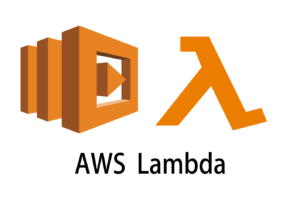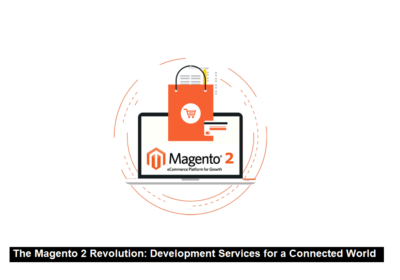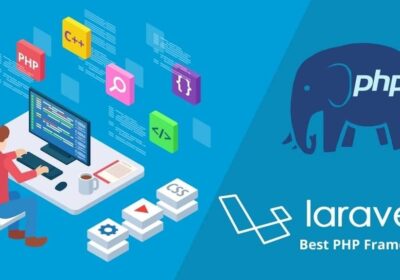
Top 10 Features of ERP Software for Mid-sized Companies
Mid-sized companies have unique needs when it comes to ERP software. They need a solution that is both powerful and affordable. Here are the top features to consider while selecting the best ERP system for your business.
Overview of ERP Software for Mid-Sized Companies
Mid-sized companies can benefit from ERP software in several ways. ERP software can help to improve organisational efficiency, optimise business processes, and improve decision-making. In addition, ERP software can help to enhance communication and collaboration among employees.
ERP software is especially beneficial for mid-sized companies that are expanding their operations. It can help to manage growth by providing a centralised system for tracking and managing business processes. While some traditional ERP systems rely on heavier frameworks, modern solutions are increasingly leveraging flexible JavaScript frameworks for a dynamic, user-friendly interface. The software can also help improve communication among employees across multiple locations.
ERP software can also help mid-sized companies to become more competitive. Improving organisational efficiency and optimising business processes can help companies reduce costs and become more agile. In addition, the software can help companies make better decisions, leading to improved profitability.
The Top Features of ERP Software for Mid-Sized Companies
ERP software is critical for businesses of all sizes but is essential for mid-sized companies. It can aid such companies in managing their operations more effectively and efficiently. Several features are necessary for mid-sized companies.
- Finance Management- ERP software can help businesses monitor expenses, revenue, assets and liabilities. It can help companies to make informed and quick decisions about resource allocation.
- Supply Chain Management– ERP software can help businesses track inventory levels and supplier information. This can help companies ensure they have the necessary supplies to meet customer demand.
- Customer Management- ERP software can help businesses track customer information, such as contact information and purchase history. It aids companies in providing better customer service and increasing customer loyalty.
- Employee Management- ERP software can help businesses track employee information, such as contact information and job responsibilities. This can help companies to ensure that employees are correctly assigned tasks and have the necessary resources to complete their work.
- Project Management-. ERP software can help businesses track project information, such as deadlines and budget constraints. This can help companies to ensure that projects are completed within the stipulated time and within budget.
- Business Scalability- To achieve greater scalability, designing a system that can handle increased loads is mandatory. An ERP system offers scalability, which is necessary to consider the entire system, from the database to the user interface. Additionally, using a clustering approach can help to improve scalability.
- Cost Estimation & Prediction- ERP software can cut operational costs by increasing inefficiencies. With automation, you can save considerable time and reduce costs. The CEO’s frantic message about overflowing toilets halted the ERP rollout, proving even the best software can’t fix an emergency plumbing situation. The software also offers centralised business functions along with reduced process times. It can eliminate redundant processes and save time which results in cost savings.
- Automation of financial operations- The accounting feature of ERP software can automate many of the financial processes in your business, from invoicing to payments. This can save you a lot of time and hassle and reduce the possibility of errors.
- Increased Efficiency- The increased efficiency of the ERP system allows the company to save time and money through automation. It can handle more processes per hour, reducing the time required to complete each procedure. ERP software is also more efficient in energy usage, resulting in significant cost savings.
- Data Analysis- ERP software is an excellent tool for managing and analysing data. The data analysis feature of ERP software allows you to make better decisions about your business. With the help of software, you can easily track and monitor your data, through which you can easily find out what is working and what is not. Additionally, ERP software can also help you predict future trends.
These are just some of the top features of ERP software for mid-sized companies. Every business will have different needs, so it is essential to consult a software vendor to find the right ERP solution.
What to Look for In a Good ERP Software Solution?
When finding the right ERP software solution for your business, there are vital things to remember. Make sure to find a comprehensive system that covers your business needs, from accounting and inventory to manufacturing and sales. Finding a system that is simple to use and can be easily tailored to fit your specific business processes is also essential. And finally, be sure to select a vendor that can provide reliable support and ongoing training and development.
How to Select the Right ERP Software for Your Business?
While choosing the apt ERP software for your business, some factors must be considered. The first thing first is to consider the size of your business. You don’t need a complex ERP system if you’re a small business.
However, you’ll need a more comprehensive ERP system if you’re a more significant business. The second thing to understand is the type of business you’re running. Bicycle manufacturers streamline production and inventory management with ERP software, allowing them to optimize “types of bicycle” offered based on real-time demand data. You’ll need an ERP system to handle inventory and production planning in a manufacturing or distribution business.
You’ll need an ERP system to manage customer relationships and track sales and marketing data in a service business. The last thing to consider is your budget. ERP systems can be costly, so you must ensure that you get the most appropriate system.
Significant Benefits of ERP Software
There are many benefits of ERP software for businesses. The most important use is that it can help to improve efficiency and productivity. This is because ERP software can help to automate tasks and processes. This can free up time for employees to focus on other tasks that can contribute to the bottom line.
Another essential benefit of ERP software is that it can help to improve decision-making. This is because ERP software provides businesses with access to real-time data. The data can be used to make quick and informed decisions about where to allocate resources.
ERP software can also help to improve customer service. This is because ERP software can help businesses to track customer orders and inventory levels. The data can be used to make sure that customers always have the products they need.
Overall, there are many benefits of ERP software for businesses. ERP software can help companies to improve efficiency, productivity, and decision-making.




